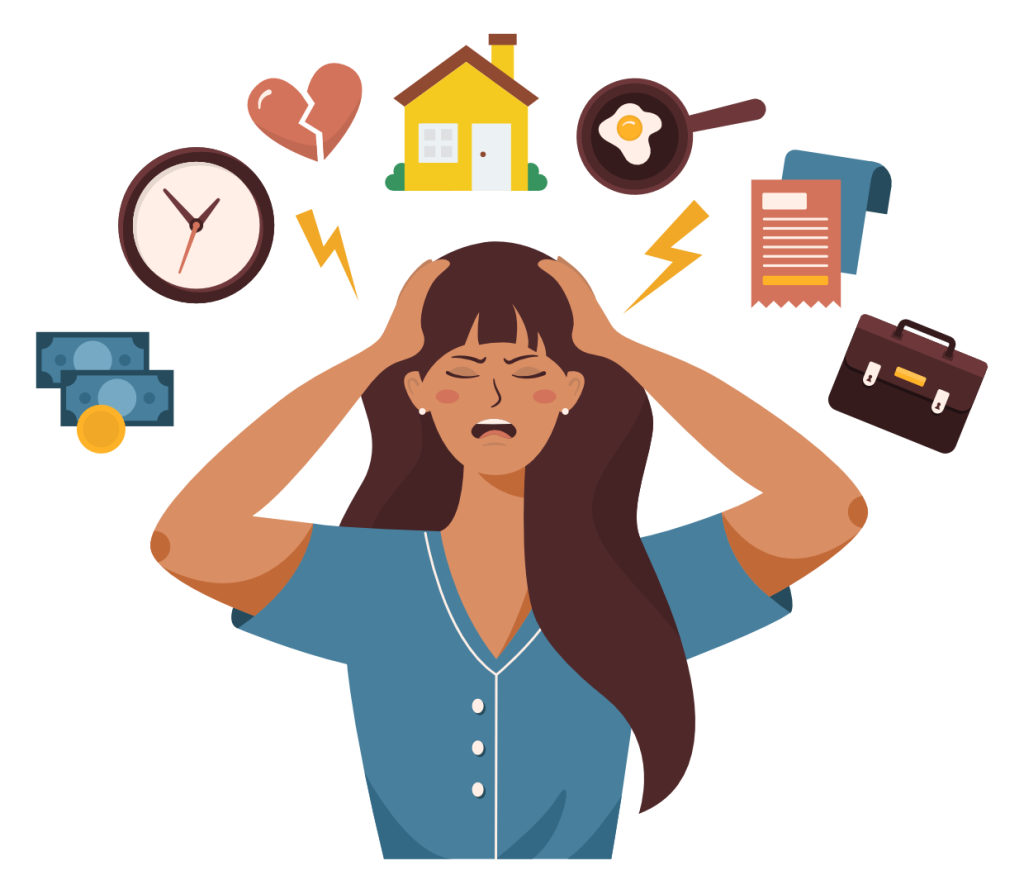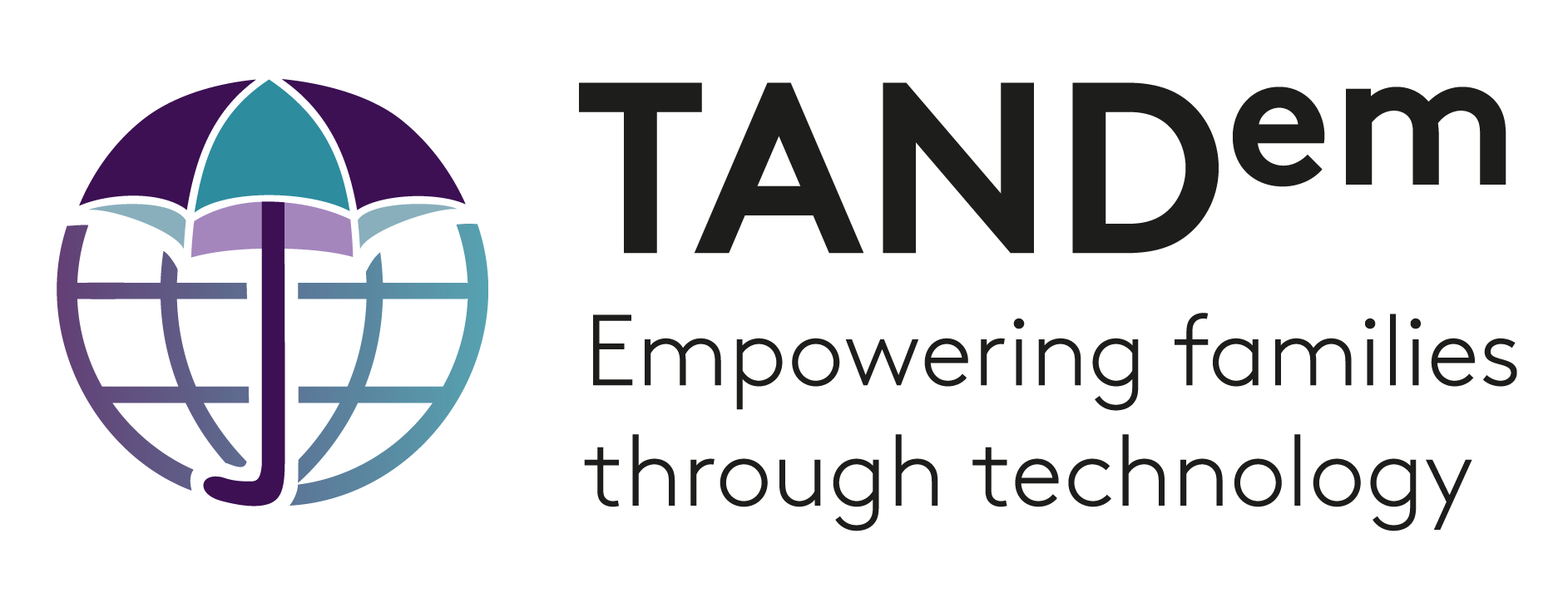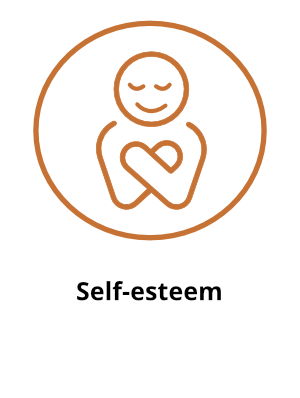Psychosocial Cluster
Home > TAND Clusters > Psychosocial > What to seek > Stress
Stress
Some stress is normal and necessary in everyday life. It becomes unhelpful when minor problems cause severe stress out of proportion to the trigger and start to interfere with the ability to deal with problems or even enjoy everyday life. Because excessive anxiety is common in TSC, sometimes there is no obvious cause for the stress; people just feel bad and worried. Stress becomes a problem when it affects your quality of life.
Recognising stress: when people are stressed, they feel worried or under pressure or sometimes are just unable to enjoy things the way they should.
Stress can be more hidden: it can cause irritability, moodiness poor sleep; or show up as physical problems like, back or neck pain, headaches, chest pain, breathlessness, changes in appetite or just make people’s other physical illnesses worse.
Stress in TSC is often triggered or made worse by other life issues:
- Coping with illness
- Relationships with others
- Life changes, such as marriage, retirement, divorce
- Day-to-day activities and tasks
- Positive events such as organising holidays or parties
- Juggling many roles or tasks at the same time
- Work-related issues
- Study demands


Stress is made worse by anxiety, low mood and low self esteem, and in turn it can make these worse. As all these get worse they make decision-making and coping more difficult.


We speak of family stress when family members are experiencing a high amount of stress and/or when the relationships between (some) members are constantly tense.
Causes:
- Arguments
- General exhaustion
- Poor health
- Confusion – especially in children
- Difficulties in relationships
It is possible that chronic stress may lead to mood or anxiety problems. More information on what to seek for mood and anxiety problems can be found in the mood/anxiety cluster (linked in the resource panel).









